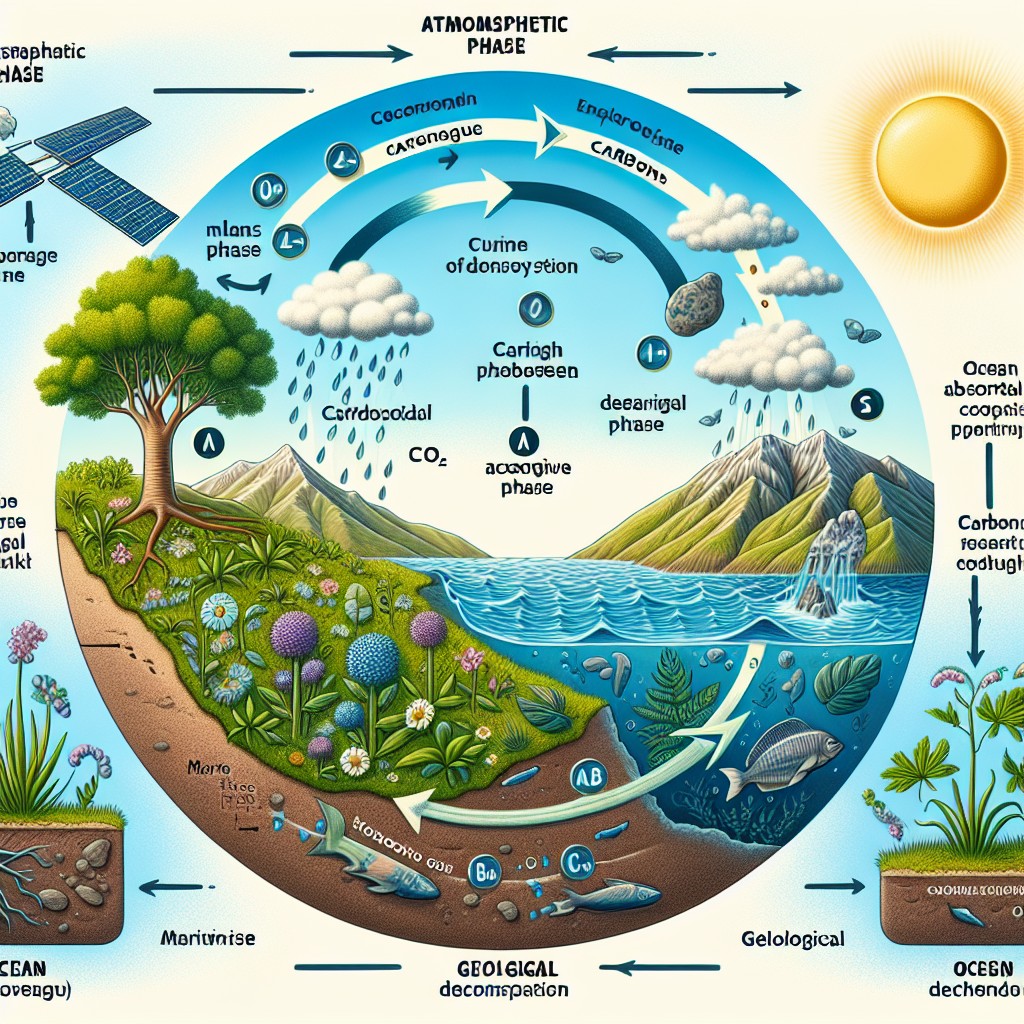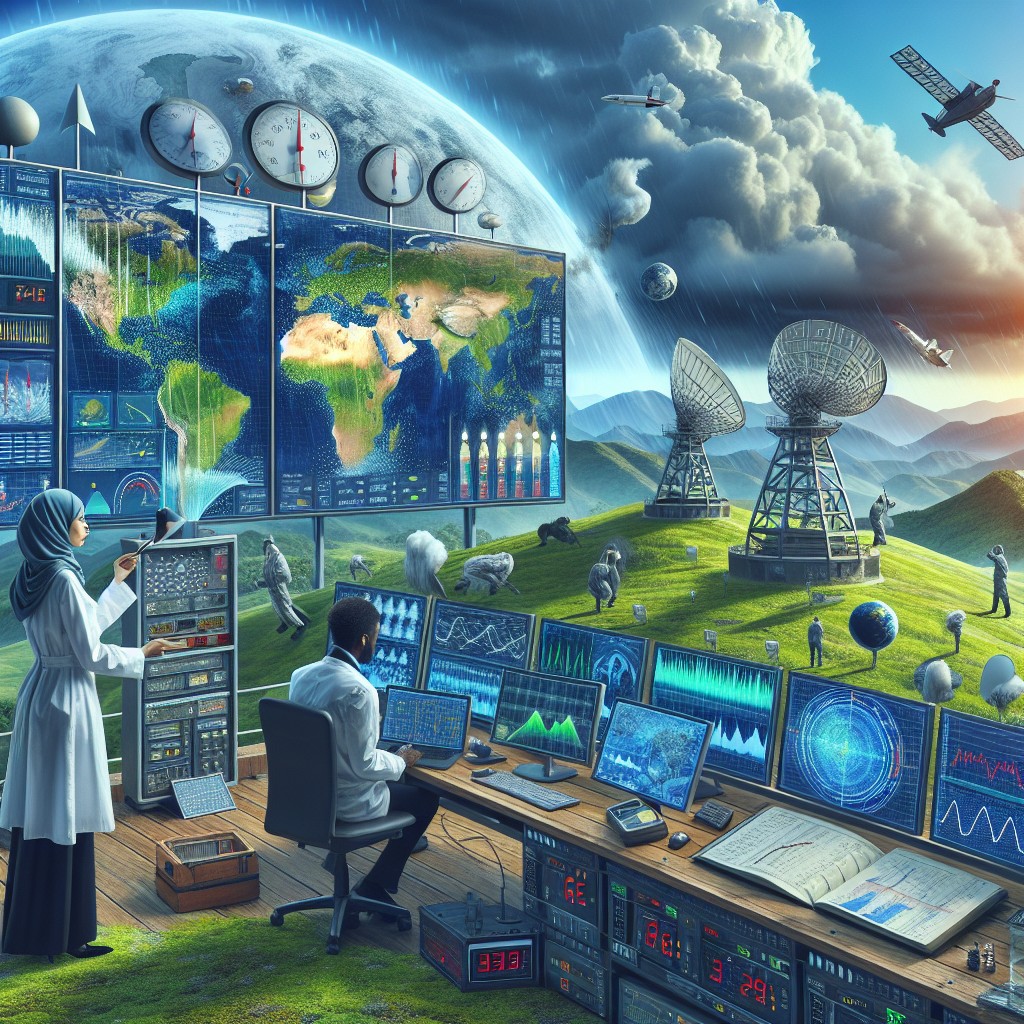Environmental pollution is a pressing issue that affects the health of humans and the planet. Pollution refers to the introduction of harmful substances or contaminants into the environment, which can have detrimental effects on living organisms and ecosystems. It is a global problem that requires immediate attention and action.
The importance of addressing pollution cannot be overstated. Pollution has far-reaching consequences for both human health and the environment. It can lead to a wide range of health problems, including respiratory diseases, cardiovascular diseases, and cancer. Additionally, pollution can disrupt ecosystems, harm wildlife, and contribute to climate change. Therefore, it is crucial to take steps to reduce pollution in order to protect the health of humans and the planet.
Summary
- Environmental pollutants pose a significant threat to our planet and its inhabitants.
- Pollution has a detrimental impact on human health, wildlife, and ecosystems.
- The sources of environmental pollution include both human activities and natural causes.
- Governments and corporations have a responsibility to address pollution through sustainable development practices.
- Public education and awareness, as well as individual actions, are crucial in reducing pollution and protecting our planet.
The Impact of Pollution on Human Health
Pollution has a significant impact on human health, causing a wide range of illnesses and diseases. Air pollution, for example, is a major contributor to respiratory problems such as asthma, bronchitis, and chronic obstructive pulmonary disease (COPD). The inhalation of pollutants such as particulate matter and toxic gases can damage the respiratory system and lead to long-term health issues.
Water pollution is another major concern for human health. Contaminated water sources can lead to waterborne diseases such as cholera, dysentery, and hepatitis. These diseases can cause severe illness and even death, particularly in developing countries where access to clean water is limited.
Furthermore, pollution can also contribute to the development of cardiovascular diseases. Exposure to air pollutants such as fine particulate matter and nitrogen dioxide has been linked to an increased risk of heart attacks, strokes, and other cardiovascular conditions.
Reducing pollution is crucial for public health. By addressing pollution sources and implementing measures to reduce emissions and contamination, we can significantly improve air and water quality, leading to better overall health outcomes for individuals and communities.
The Effects of Pollution on Wildlife and Ecosystems
Pollution not only affects human health but also has devastating effects on wildlife and ecosystems. When pollutants are released into the environment, they can contaminate water bodies, soil, and air, leading to a disruption of natural ecosystems.
For example, water pollution can have severe consequences for aquatic life. Chemical pollutants, such as pesticides and industrial waste, can contaminate rivers, lakes, and oceans, harming fish, amphibians, and other aquatic organisms. This can lead to a decline in biodiversity and the loss of important species within ecosystems.
Air pollution also poses a threat to wildlife. Pollutants such as nitrogen oxides and sulfur dioxide can contribute to the formation of acid rain, which can have detrimental effects on forests and freshwater ecosystems. Acid rain can damage plant life, making it difficult for trees to absorb nutrients from the soil. This can lead to the decline of forest ecosystems and the loss of habitat for many species.
Protecting ecosystems and wildlife from pollution is crucial for maintaining biodiversity and ensuring the health of our planet. By reducing pollution sources and implementing measures to prevent contamination, we can help preserve natural habitats and protect vulnerable species from harm.
The Sources of Environmental Pollution
| Source of Pollution | Impact on Environment | Preventive Measures |
|---|---|---|
| Industrial Waste | Water and soil contamination, air pollution | Proper disposal of waste, use of eco-friendly technologies |
| Agricultural Activities | Soil degradation, water pollution, loss of biodiversity | Use of organic farming practices, proper use of fertilizers and pesticides |
| Transportation | Air pollution, noise pollution, climate change | Use of public transport, carpooling, use of electric vehicles |
| Mining | Soil erosion, water pollution, loss of biodiversity | Proper waste disposal, reclamation of mined areas |
| Construction | Soil erosion, air pollution, noise pollution | Use of eco-friendly building materials, proper waste disposal |
Environmental pollution has multiple sources, including industrial activities, transportation, agriculture, and waste management. Industrial activities are a significant contributor to pollution, releasing large amounts of pollutants into the air and water. Industries such as manufacturing, mining, and power generation produce emissions that contain harmful substances such as particulate matter, sulfur dioxide, nitrogen oxides, and volatile organic compounds.
Transportation is another major source of pollution. Vehicles emit pollutants such as carbon monoxide, nitrogen oxides, and particulate matter into the atmosphere. The burning of fossil fuels in cars, trucks, ships, and airplanes contributes to air pollution and greenhouse gas emissions.
Agriculture also plays a role in environmental pollution. The use of chemical fertilizers, pesticides, and herbicides can contaminate soil and water, leading to pollution and the loss of biodiversity. Additionally, livestock farming produces large amounts of methane, a potent greenhouse gas that contributes to climate change.
Waste management is another significant source of pollution. Improper disposal of waste, including plastic waste, can lead to pollution of land and water bodies. Landfills produce methane gas, which contributes to climate change, while incineration of waste releases toxic pollutants into the air.
Identifying and addressing pollution sources is crucial for reducing environmental pollution. By implementing stricter regulations and standards for industries, promoting sustainable transportation options, encouraging organic farming practices, and improving waste management systems, we can significantly reduce pollution levels and protect the environment.
The Role of Governments and Corporations in Addressing Pollution
Governments and corporations play a crucial role in addressing pollution and reducing its impact on human health and the environment. Governments have the power to implement policies and regulations that can help reduce pollution levels and protect public health.
For example, governments can set emission standards for industries and enforce regulations to ensure compliance. They can also promote the use of clean energy sources such as solar and wind power by providing incentives and subsidies. Additionally, governments can invest in public transportation systems and infrastructure to reduce reliance on private vehicles and promote sustainable transportation options.
Corporations also have a responsibility to reduce their environmental impact and address pollution. Many companies are taking steps to reduce their carbon footprint by implementing energy-efficient practices, investing in renewable energy sources, and adopting sustainable manufacturing processes. Some corporations are also developing innovative technologies to reduce pollution, such as carbon capture and storage systems.
It is important to hold governments and corporations accountable for their actions in order to ensure that they are taking adequate measures to address pollution. Transparency and reporting mechanisms can help monitor progress and encourage continuous improvement in environmental performance.
The Importance of Sustainable Development in Reducing Pollution

Sustainable development is a concept that aims to meet the needs of the present generation without compromising the ability of future generations to meet their own needs. It involves balancing economic growth with social development and environmental protection.
Sustainable development can play a crucial role in reducing pollution. By promoting sustainable practices in various sectors, such as energy, agriculture, and transportation, we can minimize the environmental impact of human activities and reduce pollution levels.
For example, transitioning to clean energy sources such as solar and wind power can help reduce greenhouse gas emissions and air pollution. Implementing sustainable agricultural practices, such as organic farming and agroforestry, can reduce the use of chemical inputs and minimize soil and water contamination. Investing in sustainable transportation options, such as electric vehicles and public transportation systems, can help reduce air pollution from vehicles.
Promoting sustainable development practices is essential for achieving long-term environmental sustainability and reducing pollution levels. By integrating environmental considerations into decision-making processes and adopting sustainable practices, we can create a more resilient and environmentally friendly future.
The Need for Public Education and Awareness on Pollution
Public education and awareness are crucial for addressing pollution and promoting sustainable practices. By educating the public about the causes and consequences of pollution, we can raise awareness and encourage individuals to take action.
Educational initiatives can help individuals understand the impact of their daily choices on the environment and empower them to make more sustainable decisions. For example, educational campaigns can promote recycling, energy conservation, water conservation, and sustainable transportation options.
Schools, universities, non-profit organizations, and government agencies can play a key role in promoting public education on pollution. By providing resources, organizing workshops and events, and incorporating environmental education into curricula, these institutions can help raise awareness about pollution and inspire individuals to take action.
Public awareness and engagement are essential for driving change at both individual and collective levels. By fostering a sense of responsibility towards the environment and encouraging individuals to make sustainable choices, we can create a more environmentally conscious society.
The Benefits of Clean Energy and Renewable Technologies
Clean energy and renewable technologies offer numerous benefits in terms of reducing pollution and mitigating climate change. Unlike fossil fuels, which release greenhouse gases and other pollutants when burned, clean energy sources such as solar, wind, and hydroelectric power produce little to no emissions.
By transitioning to clean energy sources, we can significantly reduce air pollution and improve air quality. This can have a positive impact on human health, particularly in areas with high levels of air pollution. Clean energy technologies also offer economic benefits, such as job creation and energy cost savings.
Renewable technologies, such as solar panels and wind turbines, are becoming increasingly affordable and accessible. They can be installed on rooftops, in open spaces, and offshore, providing a decentralized and sustainable source of energy. Additionally, renewable technologies can help reduce dependence on fossil fuels and enhance energy security.
Investing in clean energy and renewable technologies is crucial for reducing pollution levels and mitigating climate change. By transitioning to a low-carbon economy, we can create a more sustainable future for generations to come.
The Role of Individuals in Reducing Pollution
Individuals have an important role to play in reducing pollution and protecting the environment. By making conscious choices in our daily lives, we can contribute to the overall effort to address pollution.
There are many actions individuals can take to reduce pollution. For example, conserving energy by turning off lights when not in use, using energy-efficient appliances, and insulating homes can help reduce greenhouse gas emissions. Using public transportation or carpooling instead of driving alone can help reduce air pollution from vehicles. Recycling and reducing waste can help minimize the amount of waste that ends up in landfills or incinerators.
Individuals can also support sustainable businesses and products by choosing eco-friendly options. By purchasing organic food, using natural cleaning products, and supporting companies that prioritize sustainability, individuals can contribute to reducing pollution and promoting sustainable practices.
Furthermore, individuals can also get involved in community initiatives and advocacy groups that work towards reducing pollution. By volunteering, participating in clean-up events, and advocating for stronger environmental policies, individuals can make a positive impact and inspire others to take action.
Taking Action to Protect Our Planet from Environmental Pollutants
In conclusion, addressing pollution is crucial for the health of humans and the planet. Pollution has detrimental effects on human health, wildlife, and ecosystems. It is caused by various sources, including industrial activities, transportation, agriculture, and waste management.
Governments and corporations play a key role in reducing pollution through policies, regulations, and sustainable practices. Sustainable development practices can help minimize the environmental impact of human activities and reduce pollution levels. Public education and awareness are essential for promoting sustainable practices and encouraging individuals to take action.
Transitioning to clean energy and renewable technologies is crucial for reducing pollution levels and mitigating climate change. Individuals also have a role to play in reducing pollution through their daily choices and actions.
Taking action to reduce pollution requires collaboration and collective effort. By working together, we can protect our planet from environmental pollutants and create a more sustainable future for generations to come.
FAQs
What are environmental pollutants?
Environmental pollutants are substances or materials that contaminate the natural environment and cause harm to living organisms, including humans, animals, and plants. These pollutants can be in the form of chemicals, gases, or particles.
What are the sources of environmental pollutants?
Environmental pollutants can come from various sources, including industrial activities, transportation, agriculture, and household activities. Some common sources of pollutants include factories, power plants, vehicles, pesticides, and household cleaning products.
What are the effects of environmental pollutants on human health?
Environmental pollutants can have a range of negative effects on human health, including respiratory problems, neurological disorders, cancer, and reproductive issues. Exposure to pollutants can also weaken the immune system and increase the risk of infectious diseases.
What are the effects of environmental pollutants on the environment?
Environmental pollutants can have a range of negative effects on the environment, including air and water pollution, soil contamination, and damage to ecosystems. These effects can lead to the loss of biodiversity, reduced crop yields, and other environmental problems.
What are some common environmental pollutants?
Some common environmental pollutants include carbon monoxide, lead, mercury, nitrogen oxides, ozone, particulate matter, and sulfur dioxide. These pollutants can come from various sources, including transportation, industry, and agriculture.
What can be done to reduce environmental pollutants?
There are various strategies that can be used to reduce environmental pollutants, including improving energy efficiency, using cleaner fuels, reducing waste, and promoting sustainable practices. Governments, businesses, and individuals all have a role to play in reducing environmental pollutants and protecting the environment.


